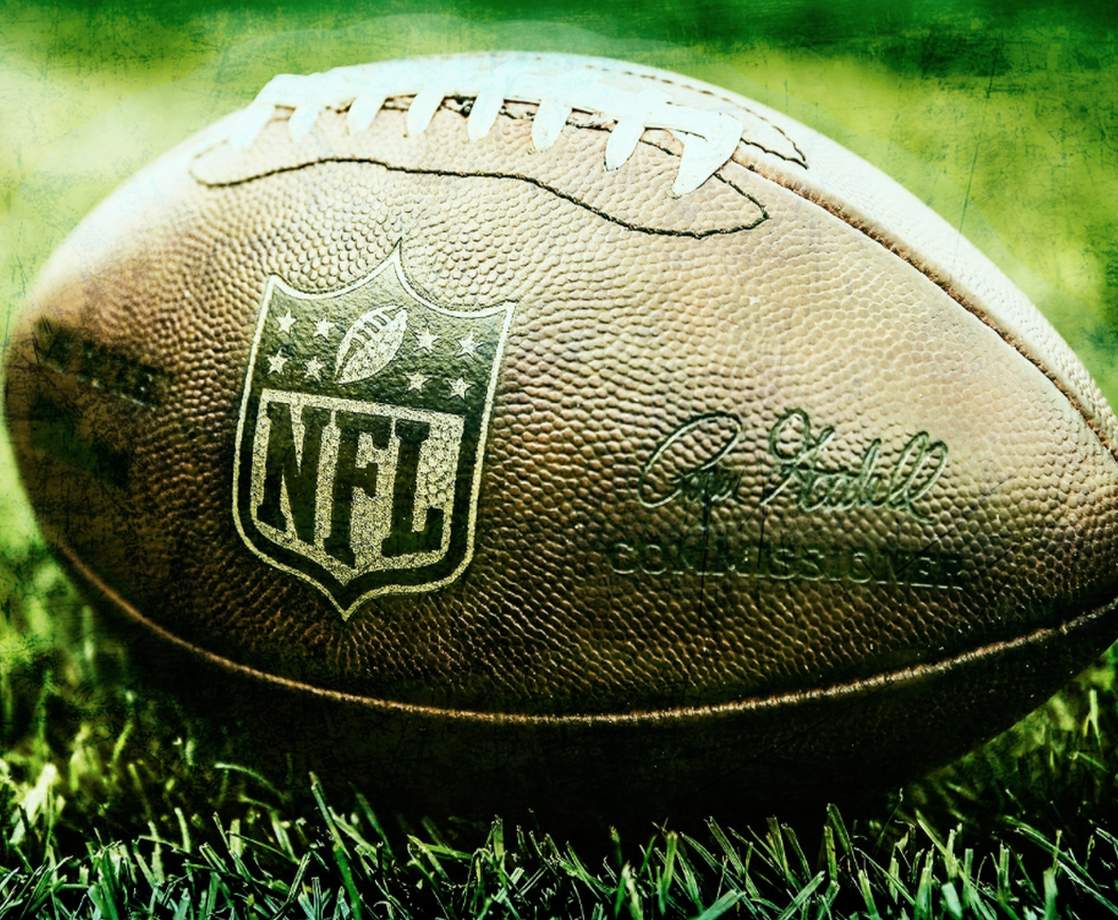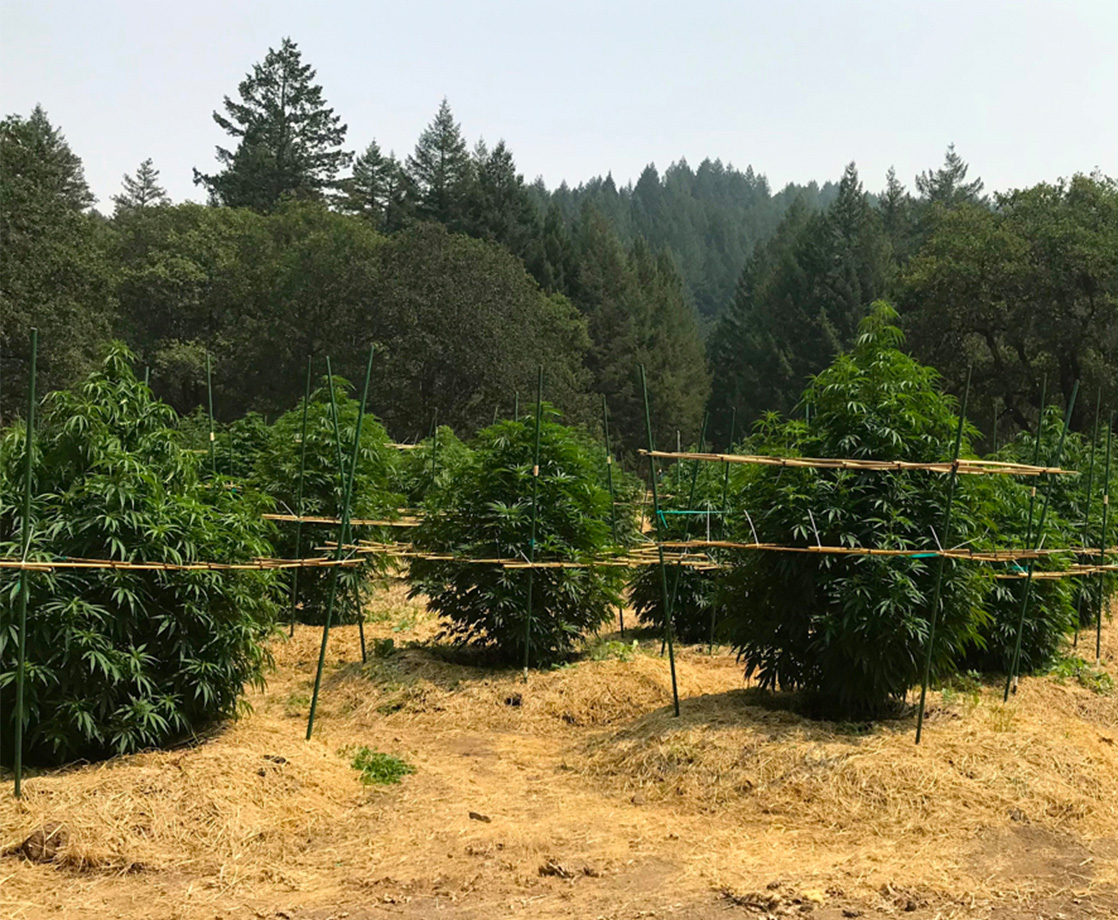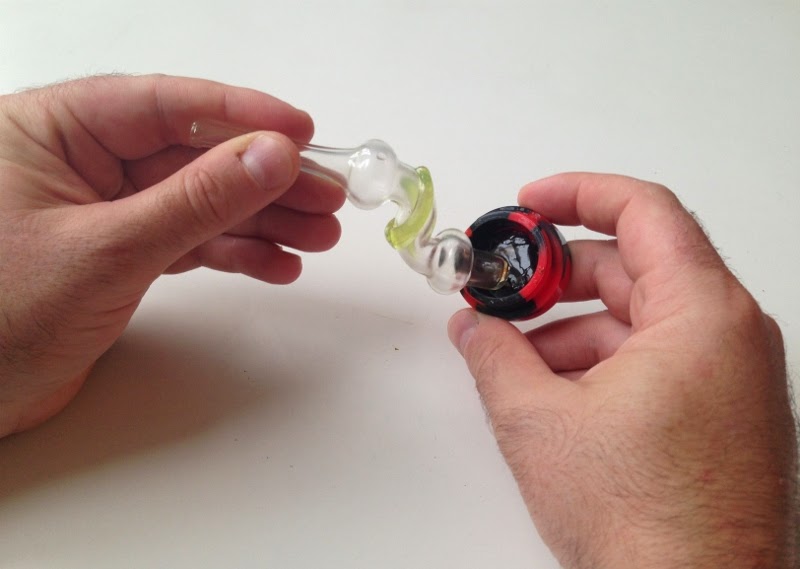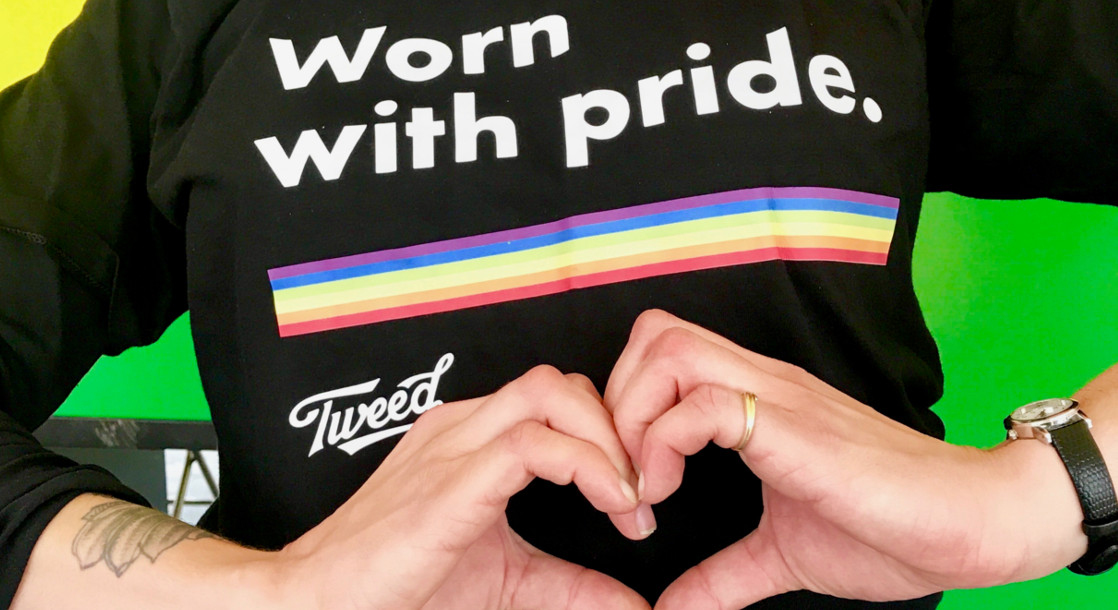The National Football League may soon have to consider revising its policies against the use of marijuana, as a number of team owners and executives believe the time has come for change.
A recent report from NFL.com suggests that 10 team owners and managerial types have said, under the condition of anonymity, that the league’s marijuana policy should be amended to something less restrictive when the collective bargaining agreement is renegotiated in the next few years.
It seems some of the owners believe this revision should allow players to use marijuana for both medicinal and recreational purposes. However, most of administrative forces behind some NFL teams say they would be content with putting a “decriminalization” policy into place that would prevent players from being suspended. Most agree a fine would be sufficient.
Although it is not currently acceptable for NFL players to use marijuana, even medicinally, the league has become somewhat more flexible with respect to those players who test positive for THC. In 2014, during the last drug policy renegotiation, the NFL raised the pot threshold from 15 nanograms of THC per milliliter of blood to 35 nanograms.
While this increase is an improvement, it is not as nearly good as the standard used by the World Anti-Doping Agency, which permits Olympic athletes to test above 150 milliliters before they receive any disciplinary action.
Still, some former NFL players, some of which were forced into drug treatment because of an issue with marijuana, say the league’s updated limit would have kept them out of trouble.
"If that was the threshold when I was in the NFL, I never would have been in the drug program," former NFL running back Ricky Williams, a player that is said to have been tested for marijuana by the league at least 500 times, told USA Today in 2014.
In order for any changes to the current drug policy to take place, the NFL and the NFL Players Association (NFLPA) would need to agree on terms. Interestingly, the NFLPA recently announced that it would begin actively researching the cannabis plant in order to determine whether it could be used as a pain management tool.
Overall, it appears that most of the team owners believe the NFL should follow what the states are doing with respect to marijuana. As of last Tuesday, there are now eight states and the District of Columbia that have legalized the leaf for recreational use. Incidentally, seven NFL teams reside in states where marijuana has been made fully legal, while another 16 of them are in jurisdictions with medical marijuana laws in place.
Last month, an ESPN poll found that 71 percent of NFL players believe marijuana should be made legal in every state.
Considering the internal support on this issue, it is distinctly possible that the NFL could be forced to rethink its marijuana policy by the time the collective bargaining agreement expires in 2020.











